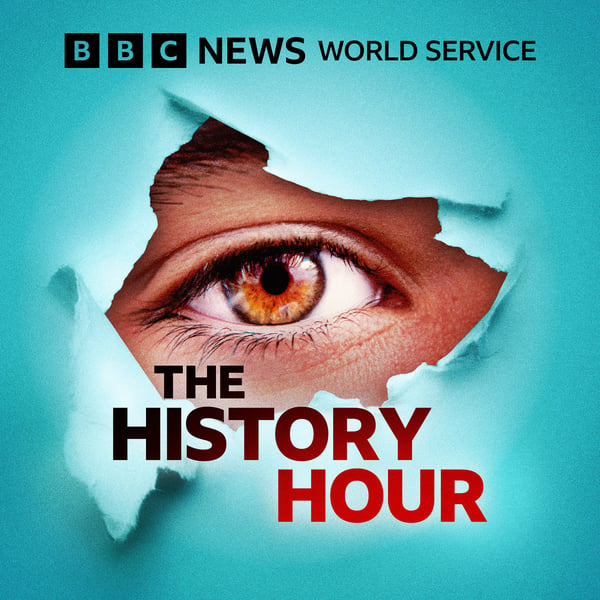Doom and Danish brains
The History Hour
BBC
4.4 • 879 Ratings
🗓️ 9 December 2023
⏱️ 52 minutes
🧾️ Download transcript
Summary
Max Pearson presents a collection of this week’s Witness History episodes from the BBC World Service.
We hear about two of the most influential computer games of the 1990s with their creators. John Romero was one of the developers of Doom and talks about the concept of a martian military base populated by zombie soldiers. Coder Jan Tian describes how his devotion to working on the football game FIFA 94 landed him in hospital. Our guest, The Guardian newspaper's video games editor Keza MacDonald, looks back on games which had a global impact.
Also how in 1945, 10,000 brains were collected from dead psychiatric patients in Denmark. It is now thought to be the world’s largest brain bank. We also find out how a group of right-wing army officers seized power in Greece in 1967 to stop the election of a social democratic government led by veteran politician George Papandreou.
And 30 years on since the cult French film La Haine was released, its director Mathieu Kassovitz describes how it caught the attention of high profile politicians with its criticism of policing in France.
Contributors: John Romero – Doom developer Jan Tian – FIFA 94 coder Keza MacDonald – video games editor, The Guardian Martin Wirenfeldt Nielsen – pathologist George Papandreou Jnr – former Greek Prime Minister Mathieu Kassovitz – film director
(Photo: Brains stored in plastic buckets at the University of Southern Denmark. Credit: BBC)
Transcript
Click on a timestamp to play from that location
| 0:00.0 | The look at the stories making the headlines with insights from the BBC's global network of |
| 0:14.7 | experts. Search for The Global Story, wherever you get your BBC podcasts. Hello and welcome to the History Hour Podcast from the BBC World Service with me Max Pearson |
| 0:32.3 | the past brought to life by those who were |
| 0:34.2 | there. Coming up a very personal view of the 1967 military coup in Greece, the |
| 0:40.6 | director of the groundbreaking French film La Ain |
| 0:43.6 | and the strange story behind the world's largest collection of human brains. |
| 0:48.2 | It was quite a sight, all these brains |
| 0:50.6 | just standing there in the middle of the floor and I was thinking okay this is |
| 0:56.2 | something else I've never seen anything like this before. That's coming up later |
| 0:59.2 | in the podcast but we're going to begin by looking at computer games. This is now a phenomenon worthy of historical |
| 1:06.4 | study if only because it's an industry worth billions of dollars a year. So let's take a look at the |
| 1:11.7 | origin stories behind a couple of big titles. |
| 1:14.9 | In the early 1990s, the release of one particular offering captivated computer gamers |
| 1:20.0 | around the world. |
| 1:21.3 | It was called Doom. It was science fiction based, fast paced and gloried in |
| 1:27.4 | virtual violence. But Doom was also released at a time when violence in video games was |
| 1:32.1 | causing concern. It was even a topic of |
| 1:34.6 | discussion at government level. Kurt Brooks has been speaking to John Romero, one of the |
| 1:39.3 | games developers, and remembering the release of what went on to become one of the most influential |
| 1:44.3 | video games ever made. Hello? |
| 1:55.0 | Hi joke, it is Kurt. How are you? |
| 1:58.0 | How are you? How are you doing? |
... |
Please login to see the full transcript.
Disclaimer: The podcast and artwork embedded on this page are from BBC, and are the property of its owner and not affiliated with or endorsed by Tapesearch.
Generated transcripts are the property of BBC and are distributed freely under the Fair Use doctrine. Transcripts generated by Tapesearch are not guaranteed to be accurate.
Copyright © Tapesearch 2025.

